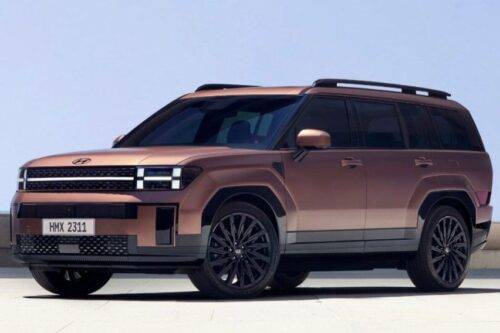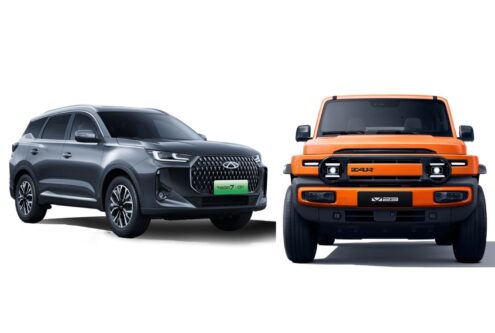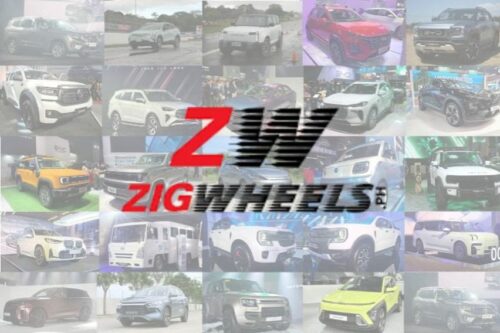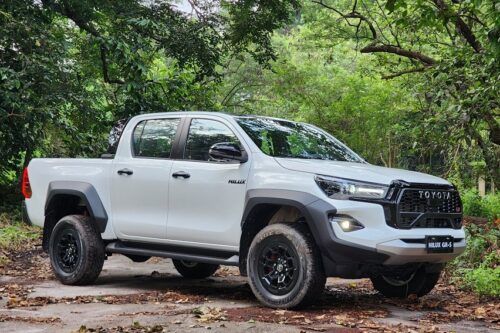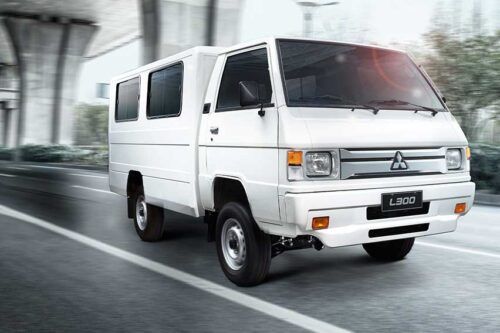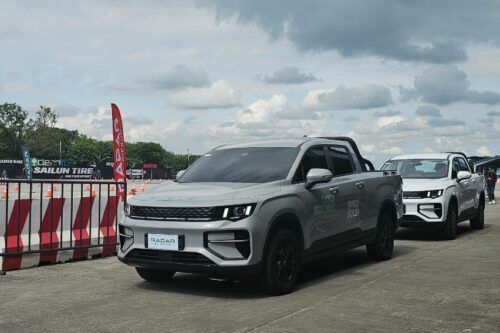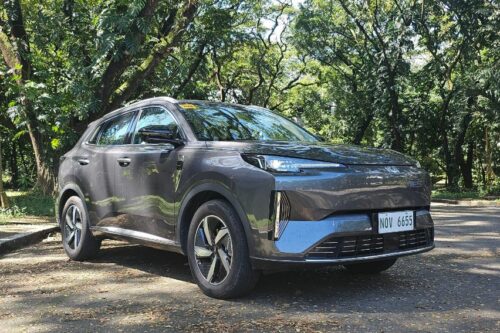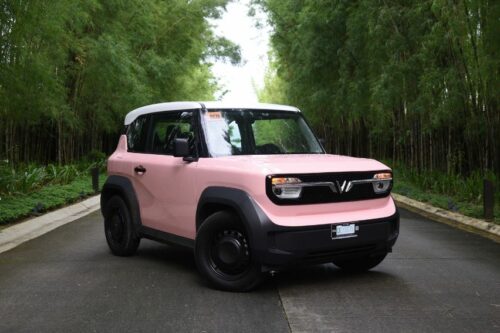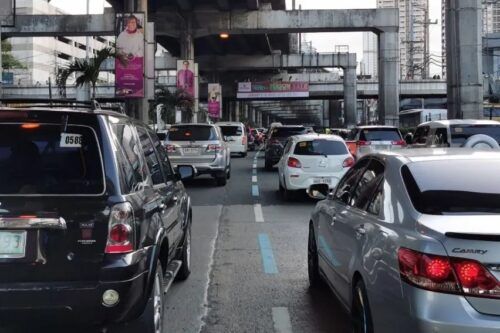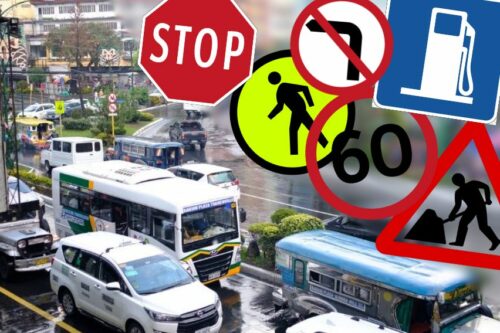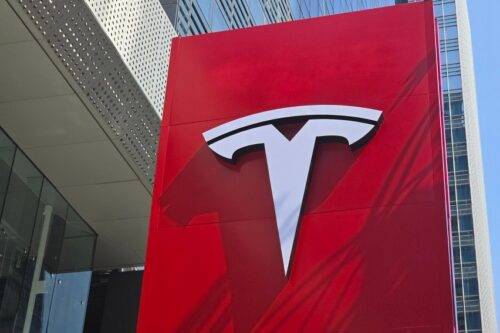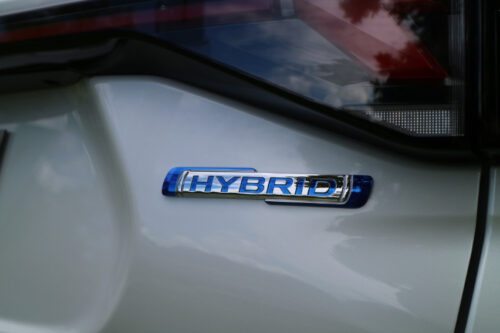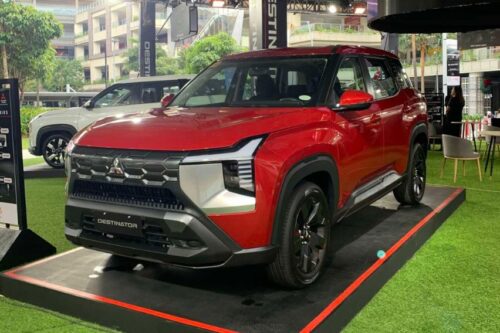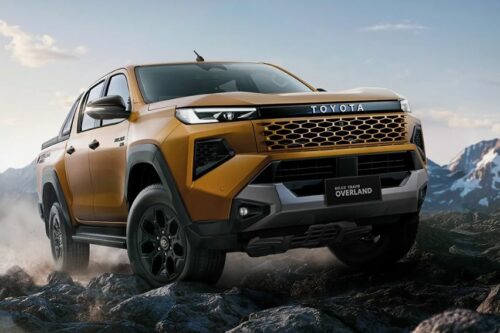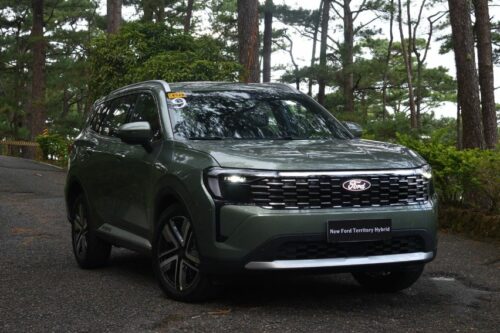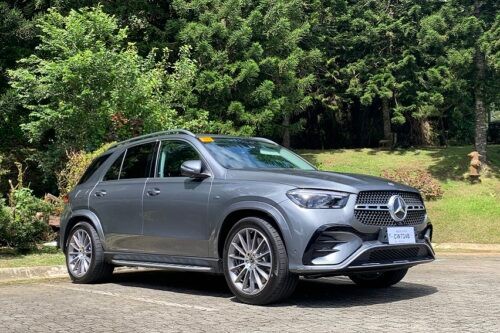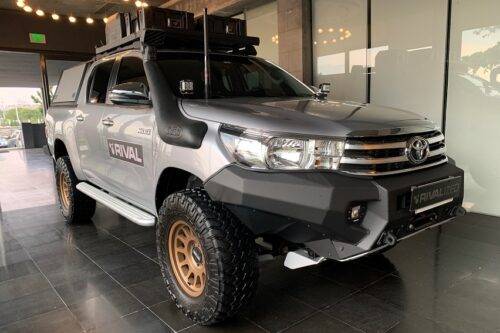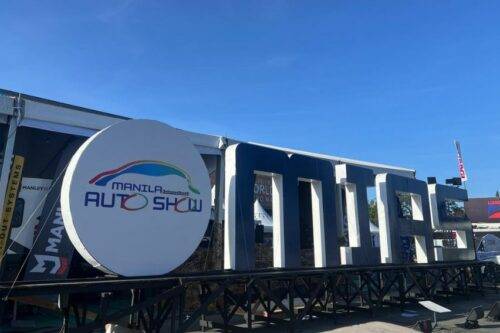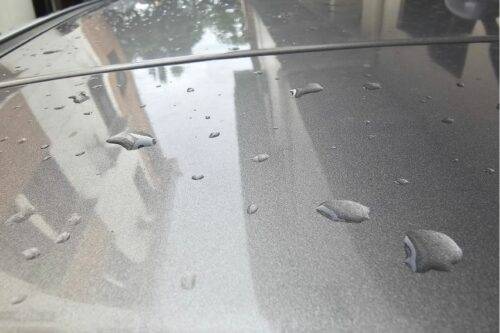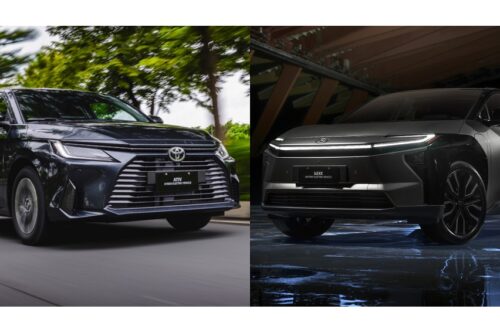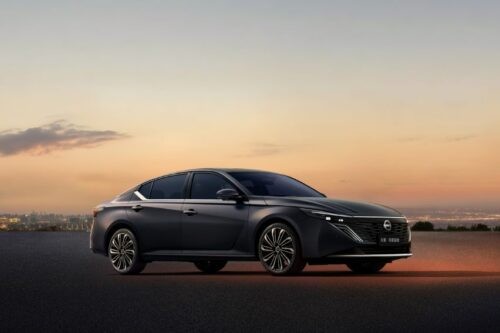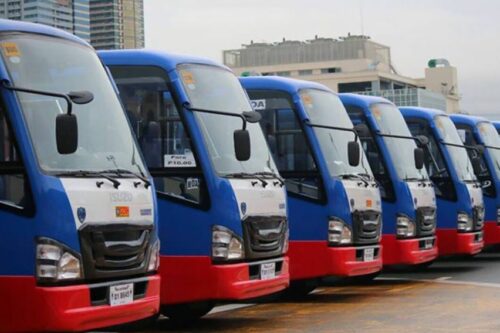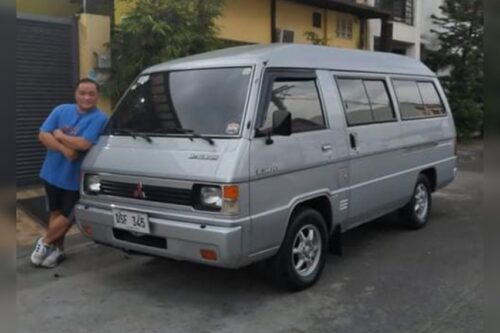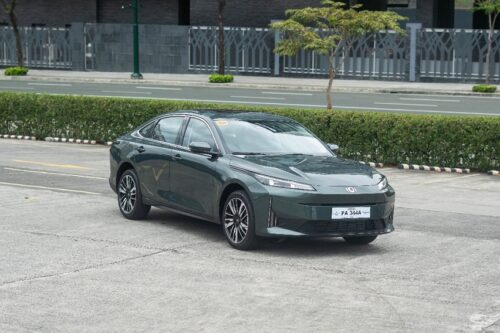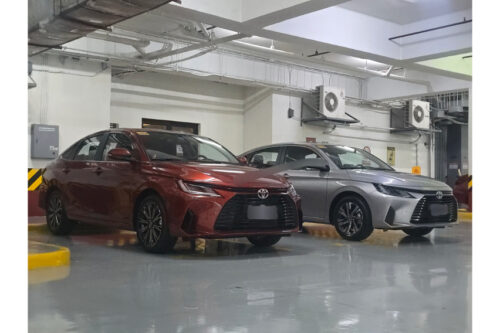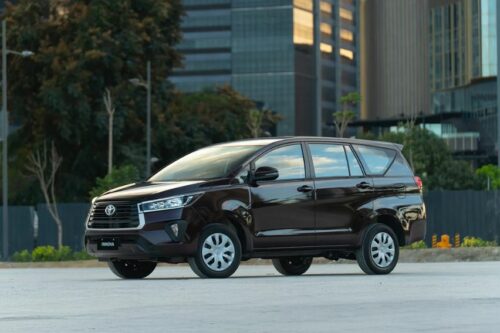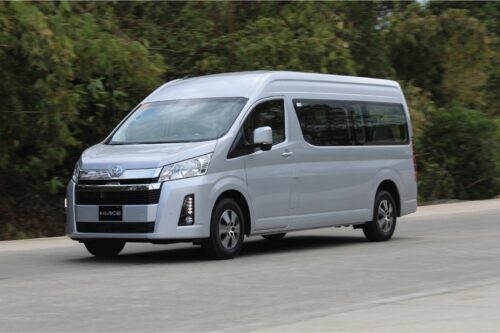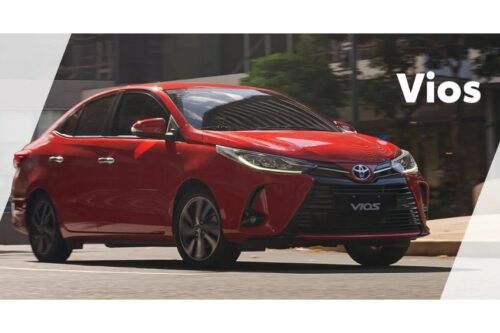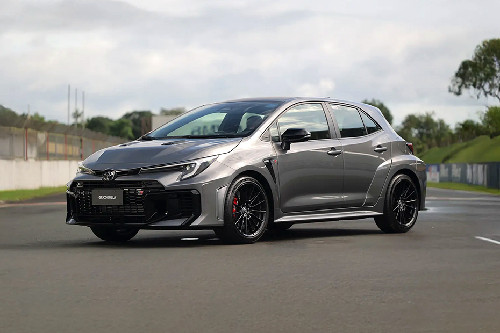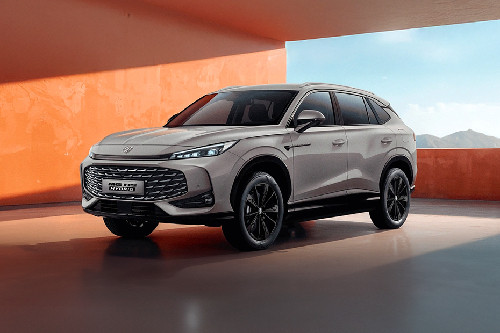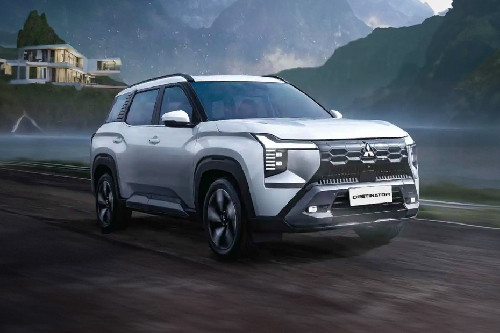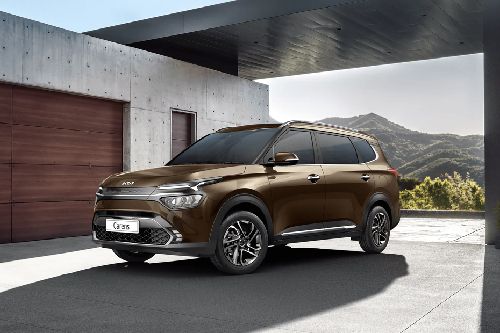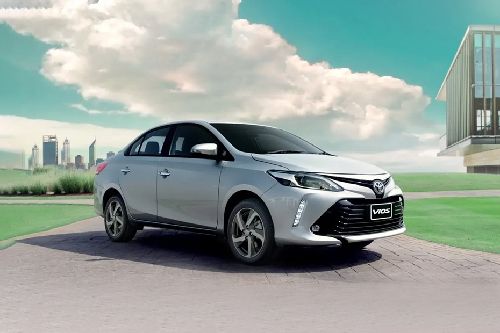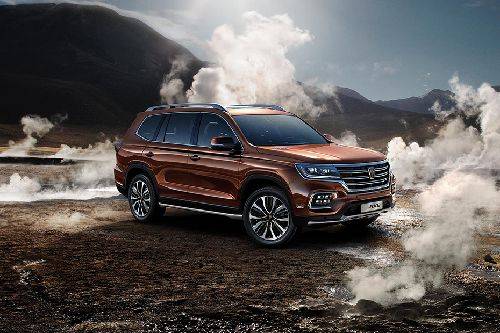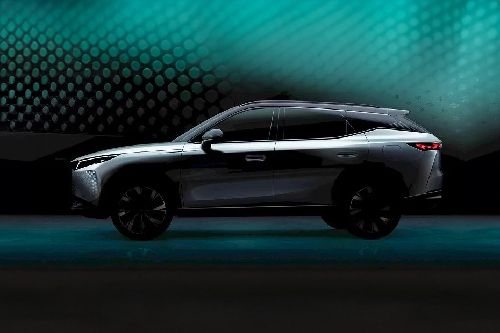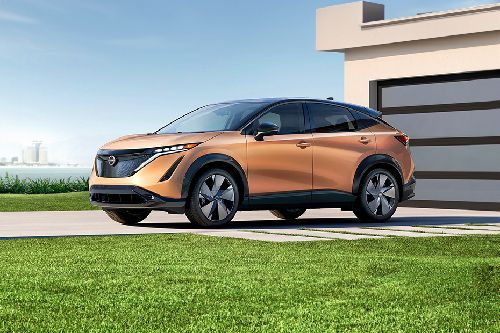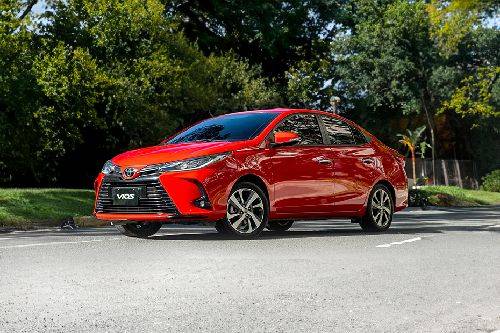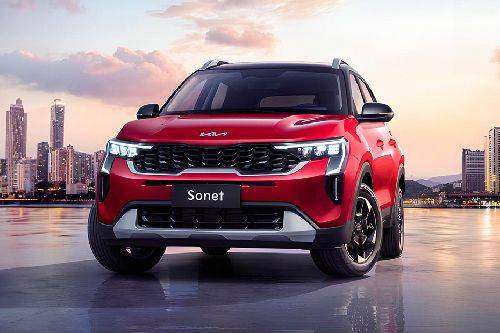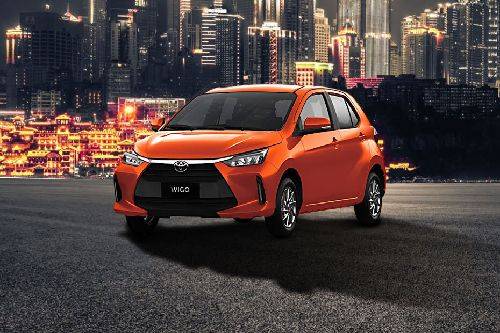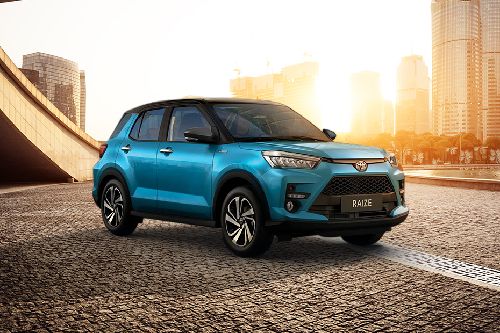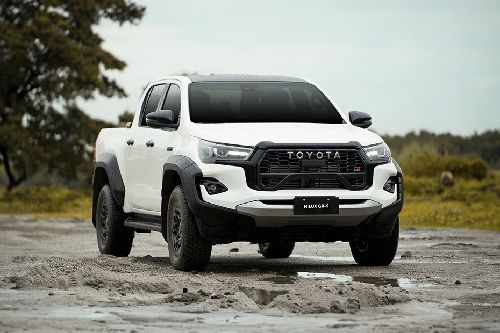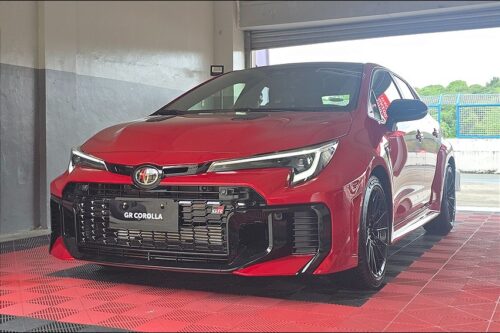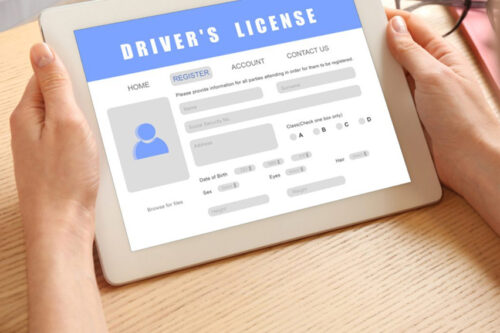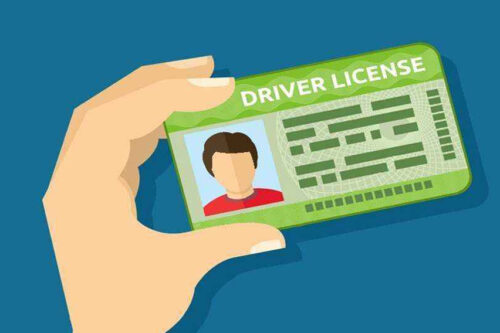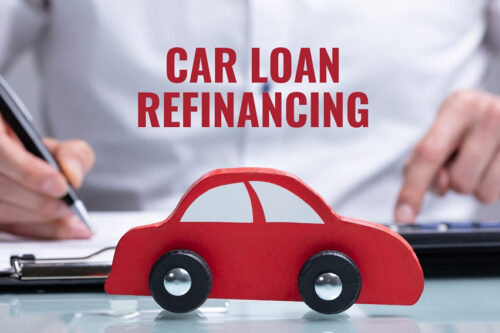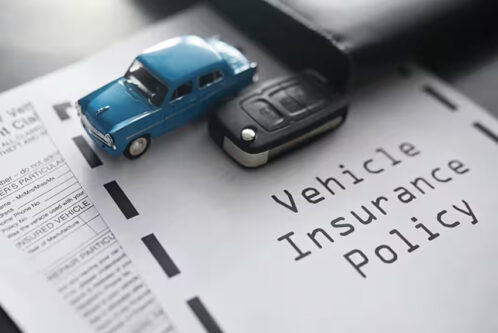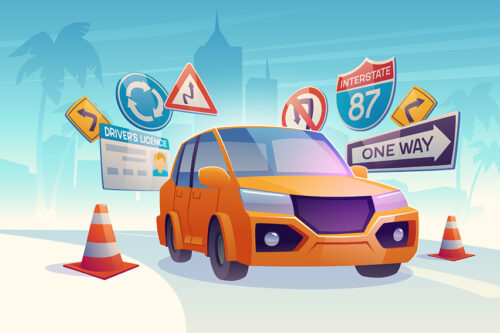These 6 cars are enduring symbols of independent Filipino motorists
From the Toyota that helped build a nation, to a 1990s kid’s first car.

The word “Independence” evokes many thoughts in various people. For the majority of Filipinos, Independence Day might be the biggest since it marks the time when the nation finally freed itself from the yoke of a foreign power.
However, for people with cars permanently etched within their conscious and subconscious minds, many will associate independence with their first car, the car they first modded, or the one car that helped build the Philippines into the nation it is today.
So without further ado, here are six cars that we think helped Pinoy motorists become more independent.
Willys Jeepney
As most will know, July 12 is our Independence Day. It was the day Emilio Aguinaldo issued a decree proclaiming our freedom from Spanish rule, and it was the day the nation’s colors, our first flag, flew at Cavite El Viejo.
However, there was a second independence day for our nation, which came later, in 1946, under the auspices of the Americans. This might be putting too light on explanations, but essentially, it was the time when the United States government recognized the independence of the Philippines via the Tydings-McDuffie Act.
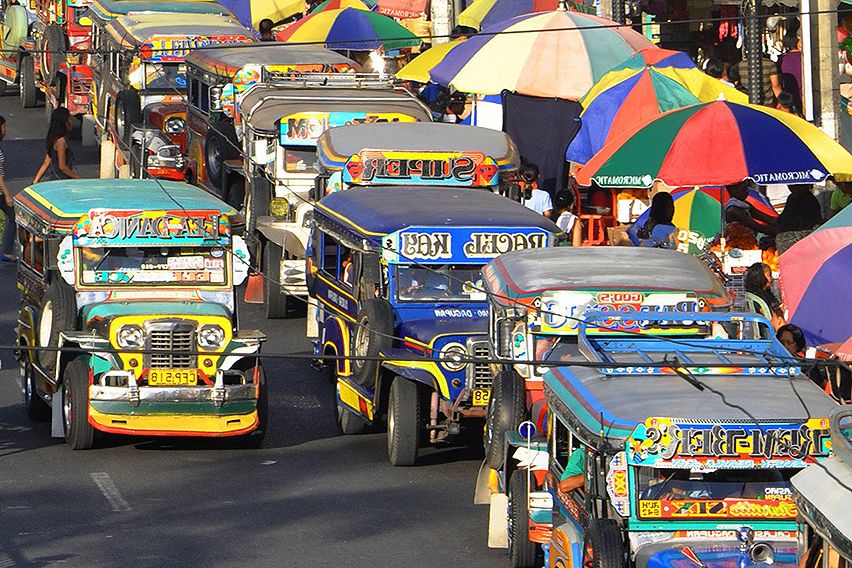
As such, the latter leads us to the Willys Jeep, which came along with the American armed forces and forever changed the landscape of Pinoy mobility.
As we all know, the Jeep was initially a warhorse, but after World War II, hundreds were either handed over or sold to Filipinos. These were eventually converted to the vibrantly-colored transport that we see today. And whether we like it or not, these (mostly) diesel-chugging beasts assumed the role of being the face of Pinoy mobility.
Going back to the Willys, it was probably the first automobile many Filipinos owned from the 1940s. The country did have cars before the Willys' entry, but one can say that it was the Willys Jeep and its heavily modified “dyipni” predecessors that first gave the Filipino masses something akin to a vehicle that was truly theirs.
Toyota Tamaraw
One of the more popular Toyotas that has ever been released for the Philippine market is the Tamaraw.
With an official local launch in 1976, Toyota declared it as the first-ever purpose-built vehicle for the emerging market.

It was simple, boxy, but robust. As a result, agricultural workers, construction firms, and many Filipino businesses in the 1970s adopted the first-gen Tamaraw as their primary workhorse. So with the aid of a vehicle such as this, the Filipino economy at the time managed to gain its own traction.
Now in the 2020s, TMP is on the verge of launching a new version of the Tamaraw. As such, many are excited to see the brand’s modern take on the highly versatile vehicle.
Honda Civic
The many iterations of the Honda Civic, particularly from the seventh generation and older, were probably the first car of many car nut “titos” of the 1980s to 1990s. It was probably also the first car many learned to work on and eventually modify.
From the EG/EH Civics to the now iconic Civic SiR, many burgeoning enthusiasts used these cars to gain a foot into the rich and vibrant world of do-it-yourself car repair and modification. The latter, of course, requires self-reliance and some measure of self-control to make decisions that will make the car more awesome or completely break it.
Toyota Vios
Since 2012, the Toyota Vios has been one of the Japanese marquee’s models manufactured locally. To this day, the sedan is produced at the brand’s Santa Rosa, Laguna plant, and Toyota Motor Philippines even promotes it as a vehicle “Made by Filipinos for Pilipinos.”
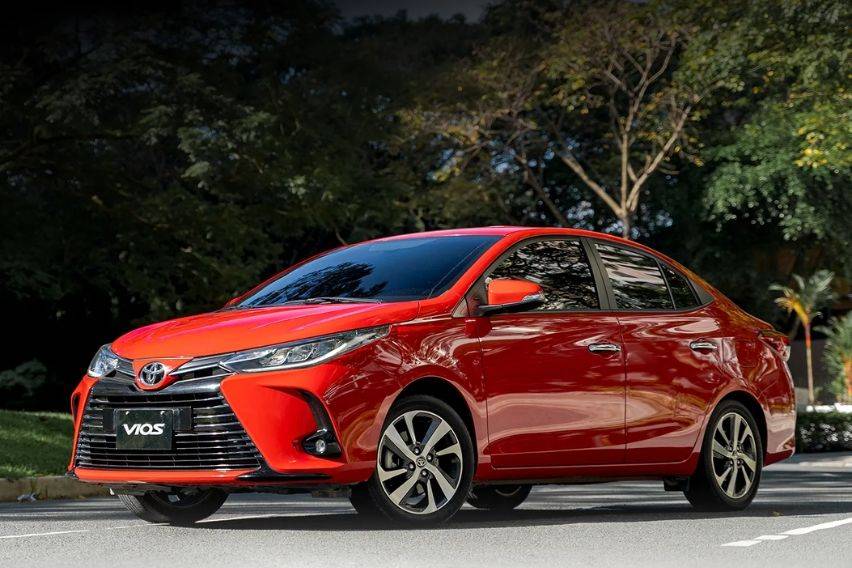
Sure, the said sedan model’s initial production run didn’t start locally, nor was it the first model ever to be produced in the Philippines. Regardless, it is one of the most popular cars, which we can safely say continues to prove that Filipino manufacturing is nothing to scoff at.
At the level of the individual Pinoy motorist, the Vios might also fit the bill as their first-ever family car. It is a no-nonsense ride that a novice car owner would likely take on, and that, of course, symbolizes a significant degree of financial independence. The latter is also true for hundreds of folks who have used the Vios to make an honest living as a taxi driver or as a transport network vehicle service driver.
Mitsubishi L300
The current iteration of the Mitsubishi L300 FB is the perennial symbol of a business getting stuff done. Be it a small bakery, a humble cafe, a large internet service provider, or a mineral water store, many of them rely on the robust utility of this Mitsubishi in their day-to-day operations.

A business with an L300 or similar vehicles like the Isuzu Traviz or the Kia K2500 isn’t reliant on others. Thanks to these workhorses, it moves independently and autonomously without the need to hire a logistics service provider or that one friend with a pickup truck.
Kia Pride
Similarly to the Vios and the Civic, some folks might have bought the Kia Pride as their first-ever car in the 1990s. Back then, the Pride and many of the South Korean brand’s models were simple and spartan. Regardless, buying a car for the first time is a significant milestone that symbolizes one’s transition from being a whipper-snapper out of school to an adult.
Those are the six cars we think are good symbols of what it means to be an independent Filipino motorist. If you want to add your own definition of motoring independence, don’t hesitate to share your story.
Photos from: Jeep, Land Transportation Franchising and Regulatory Board, Car Brochure Collection Ph Facebook page, Toyota Motor Philippines, Mitsubishi Motors Philippines Corporation
Also read:
Here are some tips to help get your car 2024-ready
Party sleighs: Here the best cars to bring for your Christmas parties
Sell your car at the best price
 Verified and genuine buyers
Verified and genuine buyers
Trending & Fresh Updates
- Latest
- Popular
You might also be interested in
- News
- Featured Stories
Featured Cars
- Latest
- Upcoming
- Popular
Latest Car Videos on Zigwheels

Car Articles From Carmudi
- journal
- advice
- financing
- insurance

